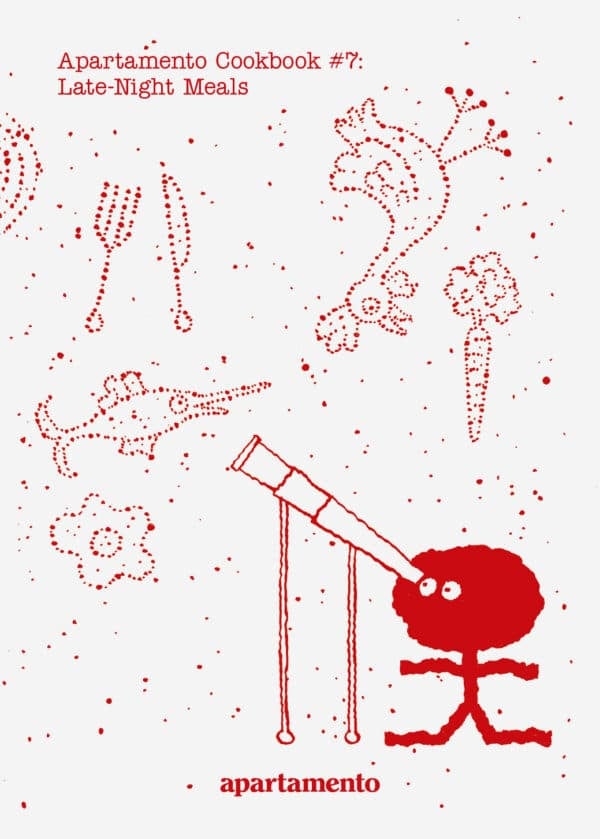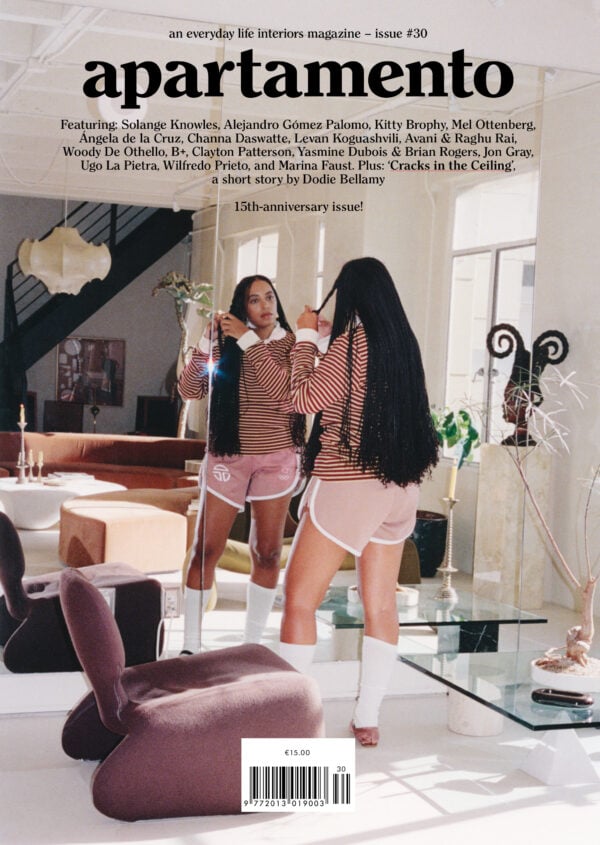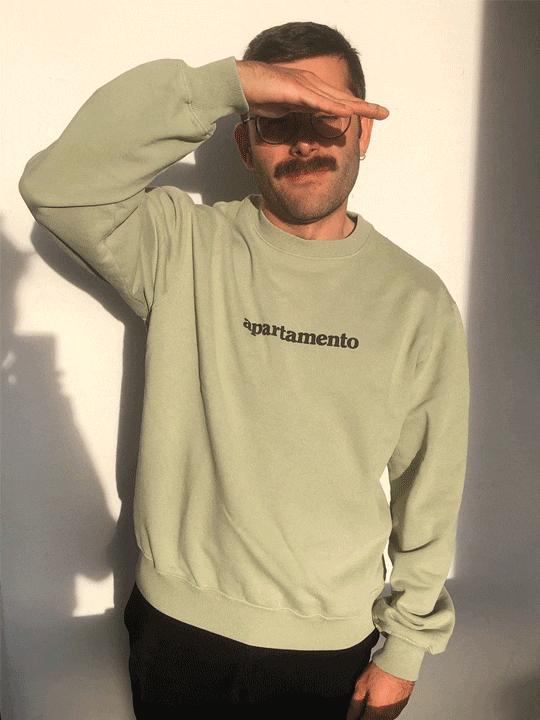A – Akwaeke
In your debut novel, Freshwater, you write: ‘Many things begin with a name’.
‘Akwaeke’ means ‘python’s egg’ in Igbo. The first years of my existence, I was told it meant ‘precious’. Later I found out that it is called precious because the python is the physical manifestation of one of the most powerful deities in Igbo reality, hence a python’s egg is precious because it is the child of a deity. So, my name is really the starting point of everything. When I started writing Freshwater, I was trying to figure out who and what I was. Ann Daramola talks about this concept where, in the West, everything is truth by verification; you have to have evidence. Most indigenous cultures have truth by revelation; you know things that you have no way of proving. To me, these are just two different systems of truth, but if you try to apply one to the other, they don’t work. We have been taught, through colonisation, that truth by revelation isn’t valid because it’s an indigenous form of knowledge, that it is superstition or black magic, and if you cannot provide evidence then it’s not true. For me, writing Freshwater was truth by revelation. While I was writing, I was figuring out who I was, the answers were coming to me, and I would feel them to be true: I am Akwaeke, the child of a deity. I am a deity.
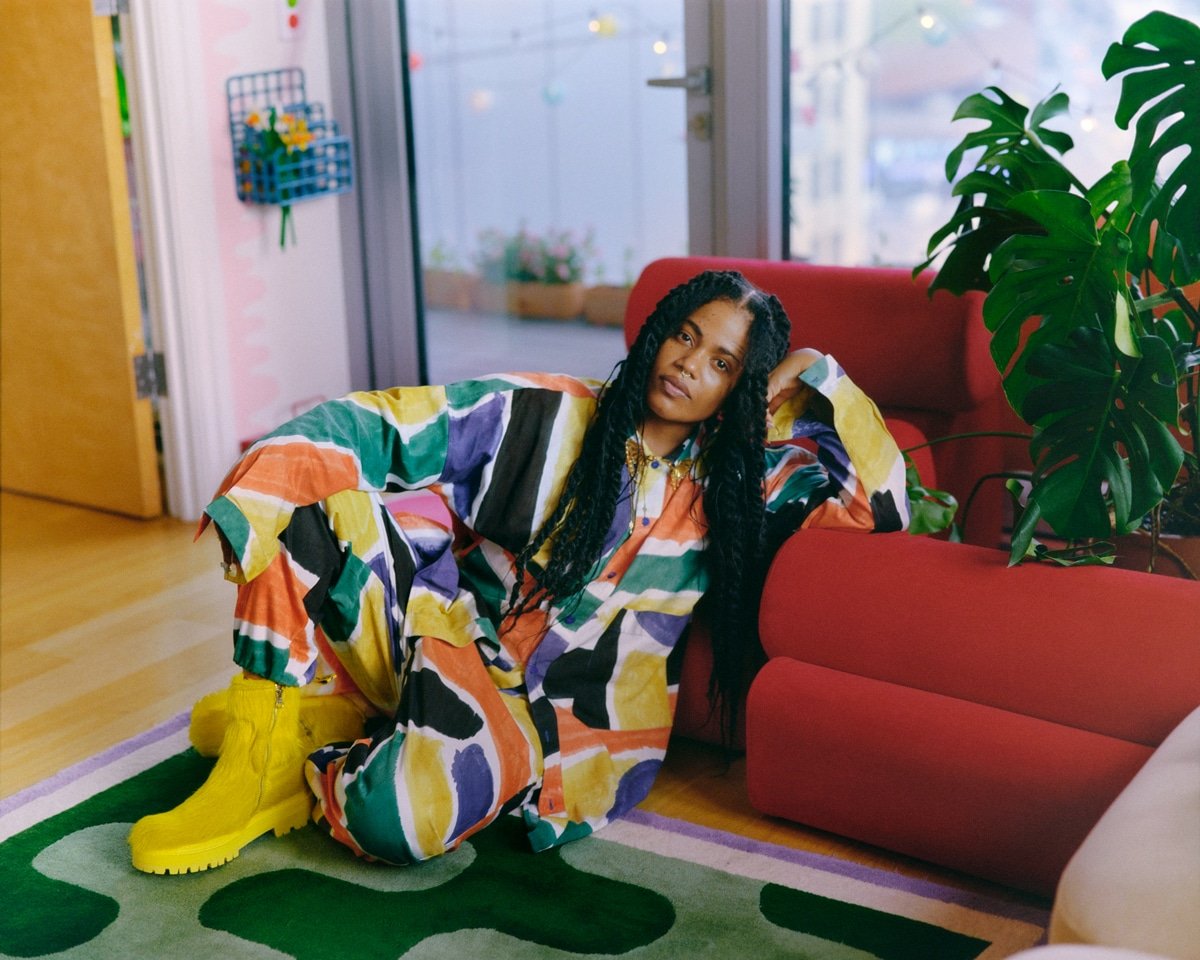
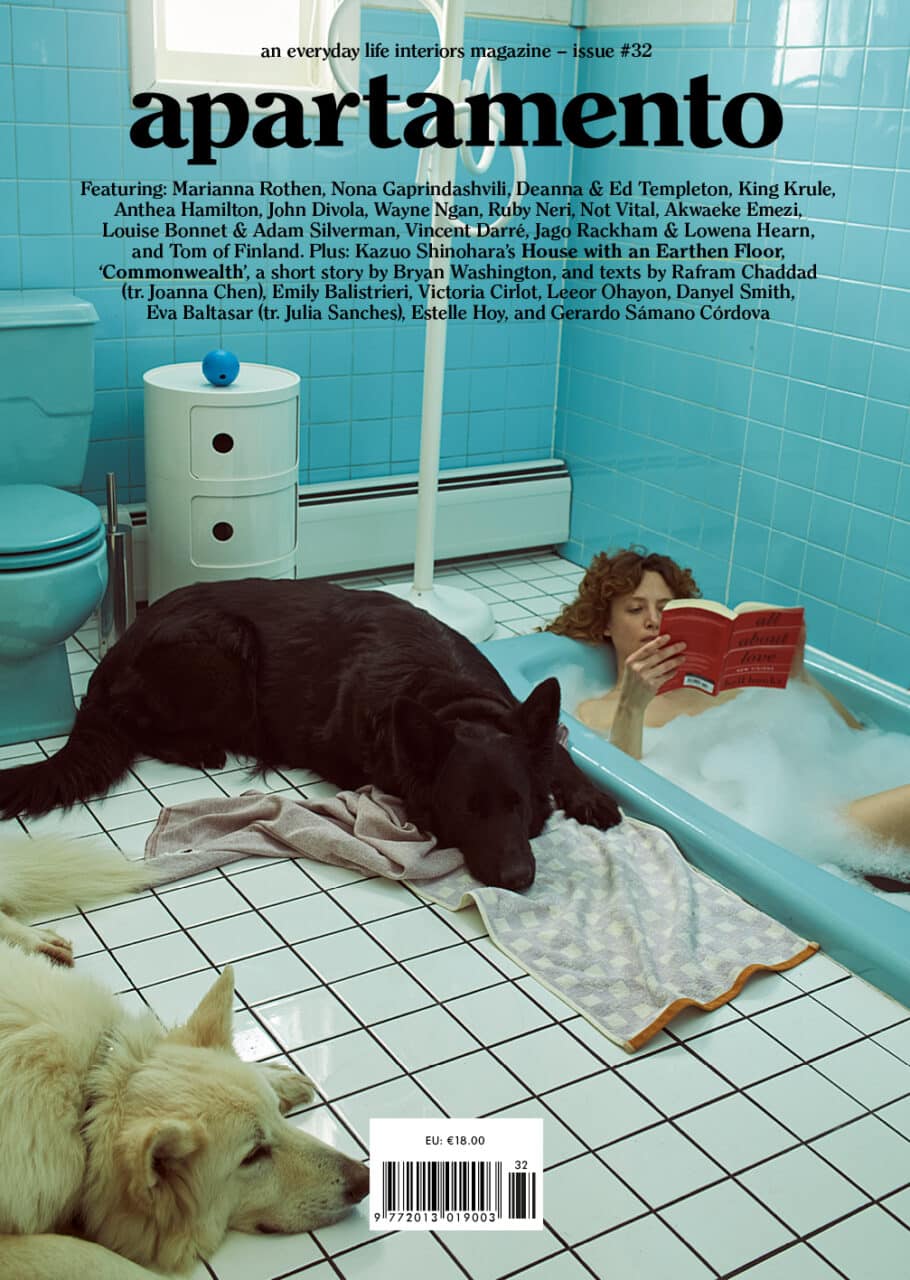
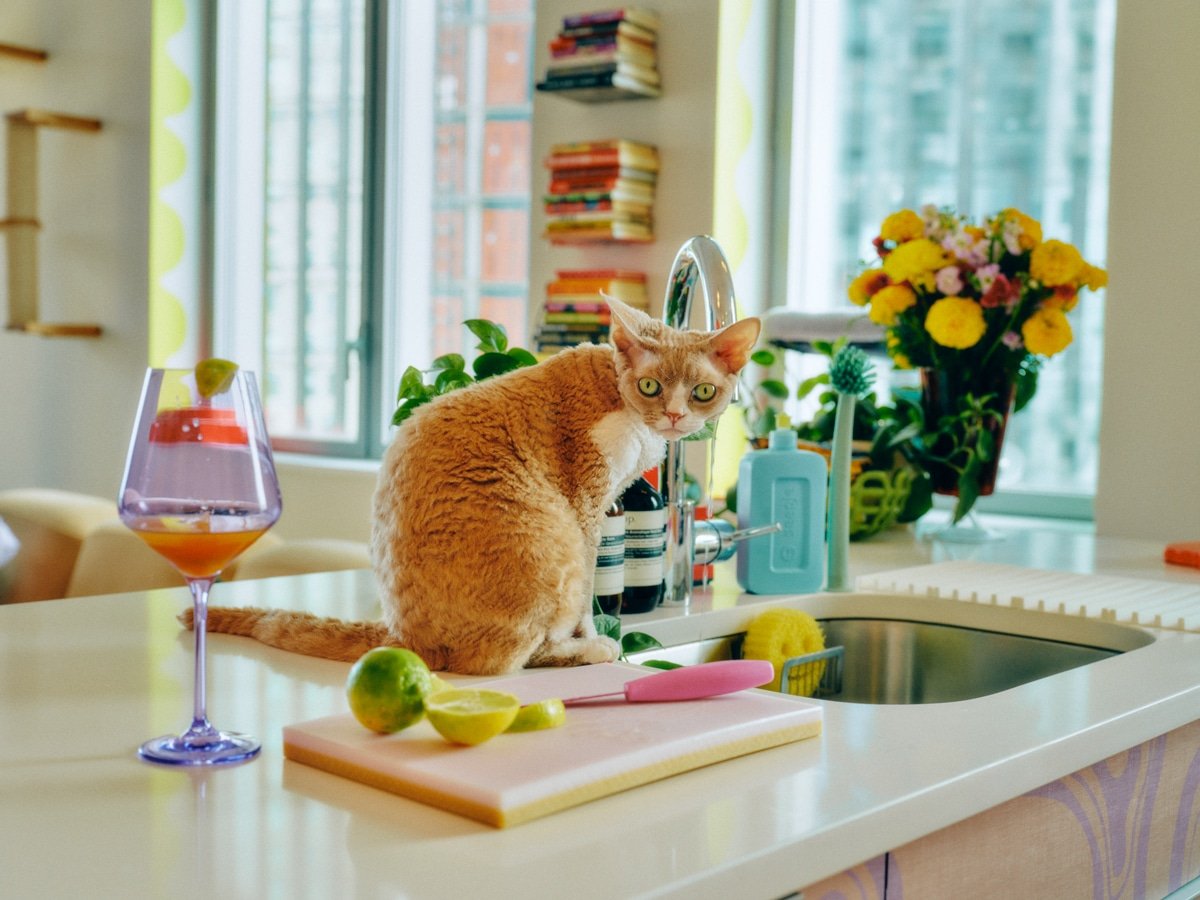

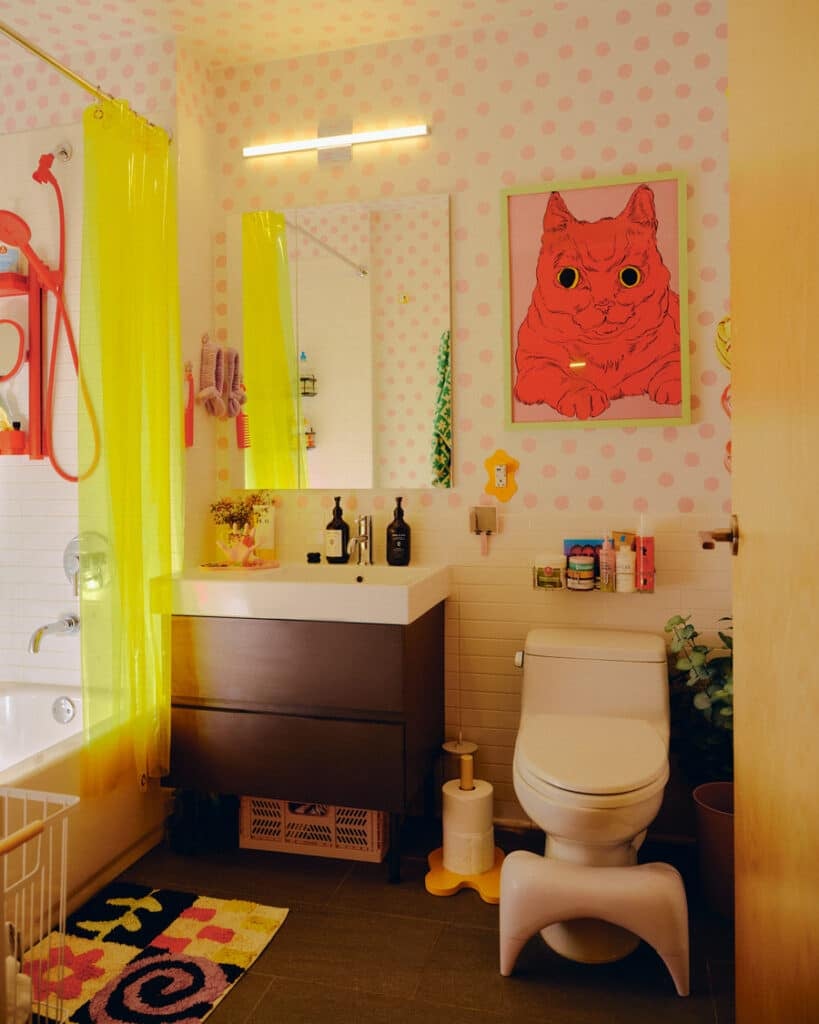
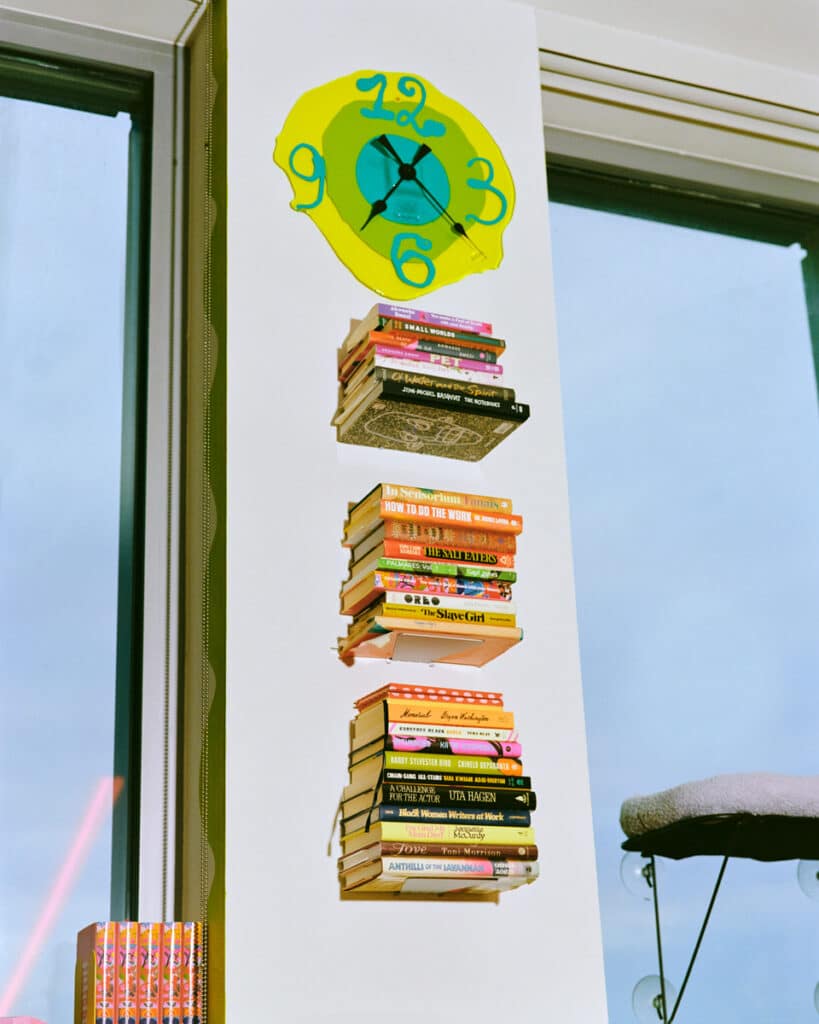
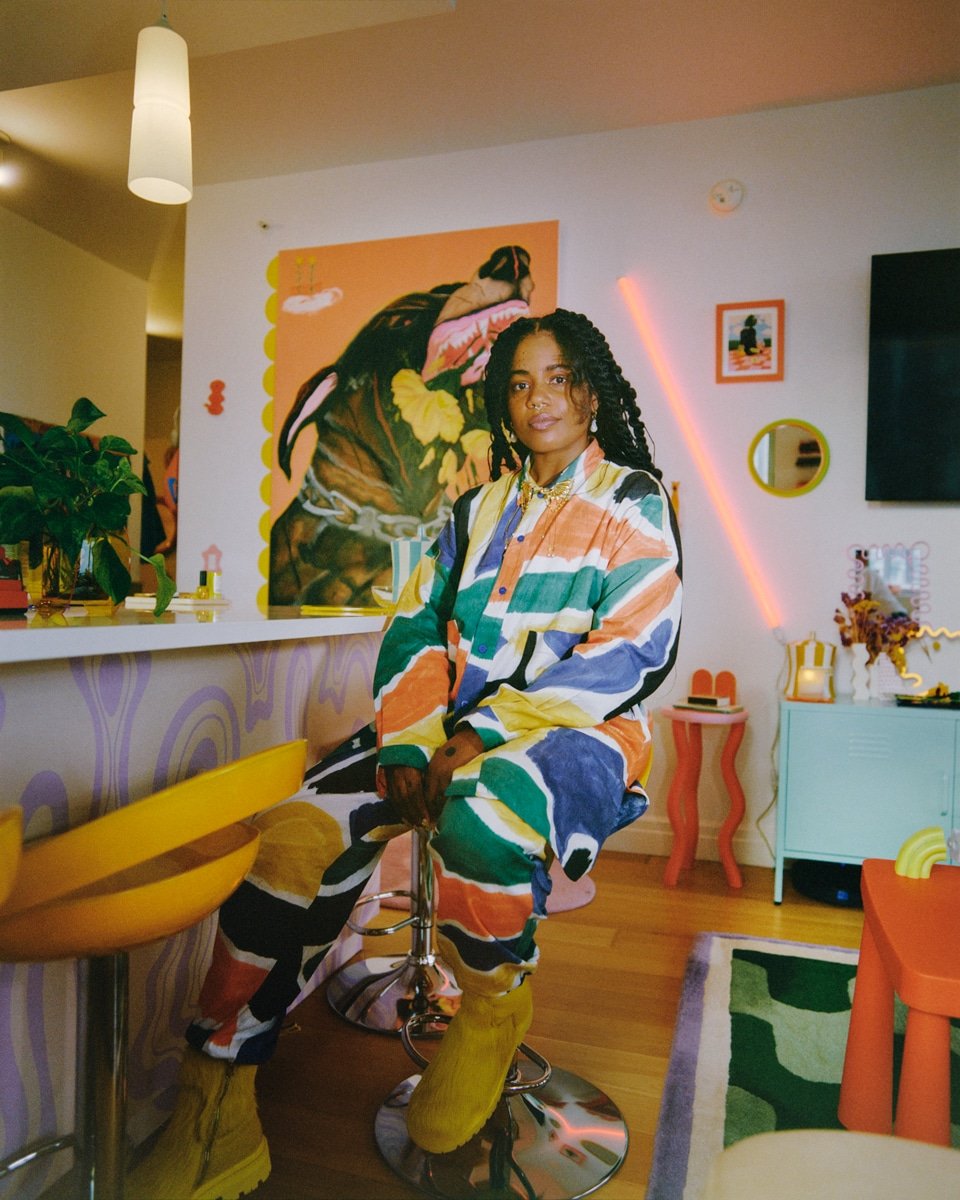

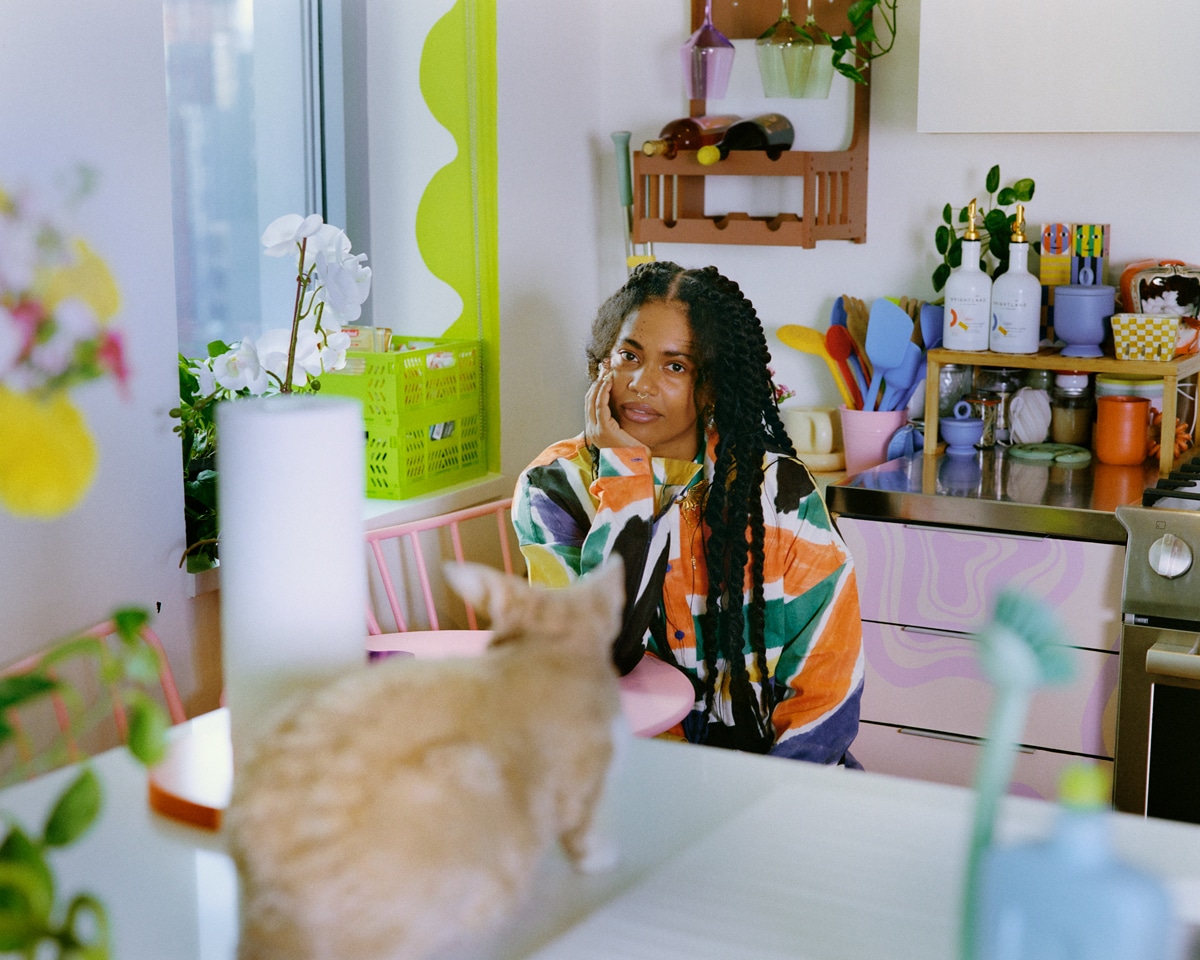
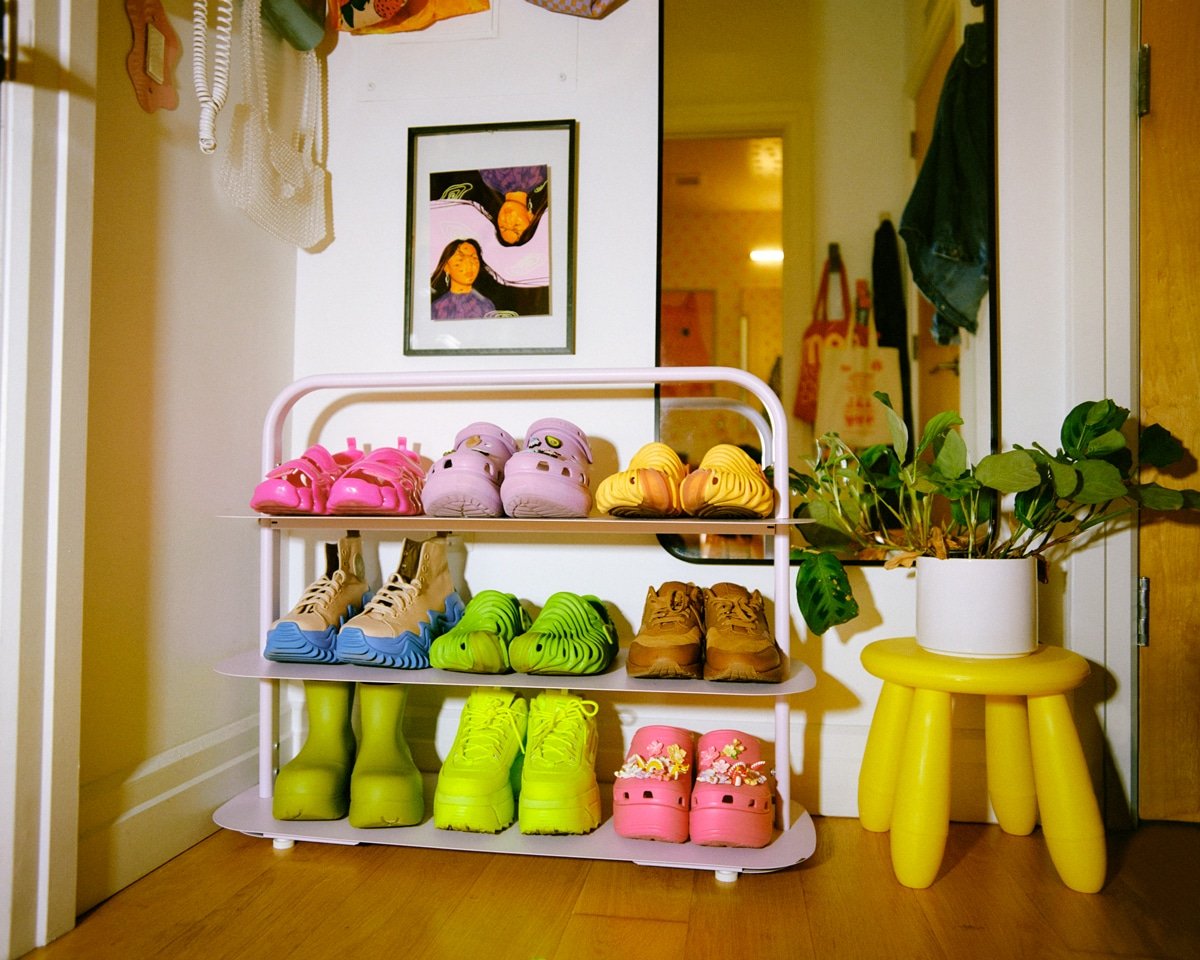
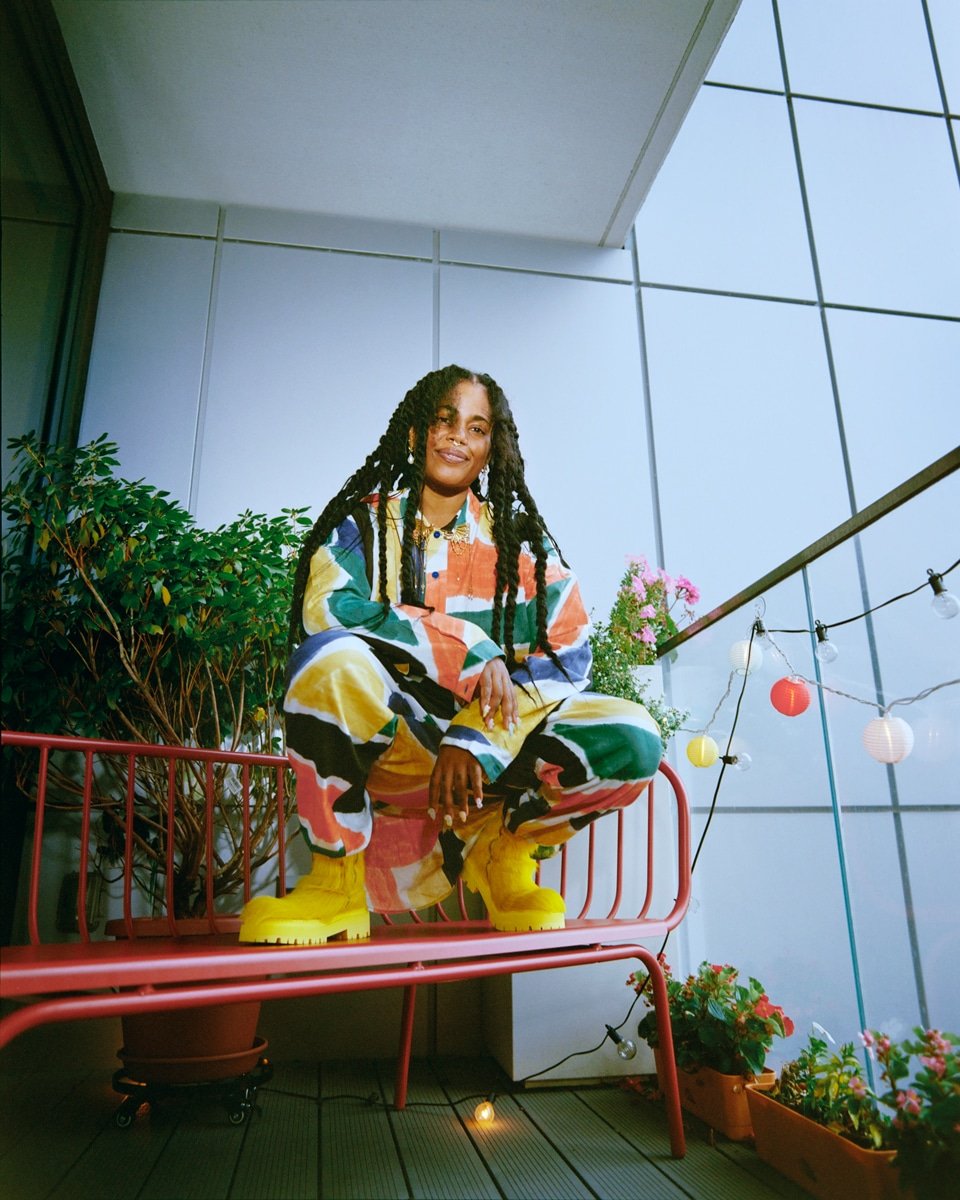
 close
close

